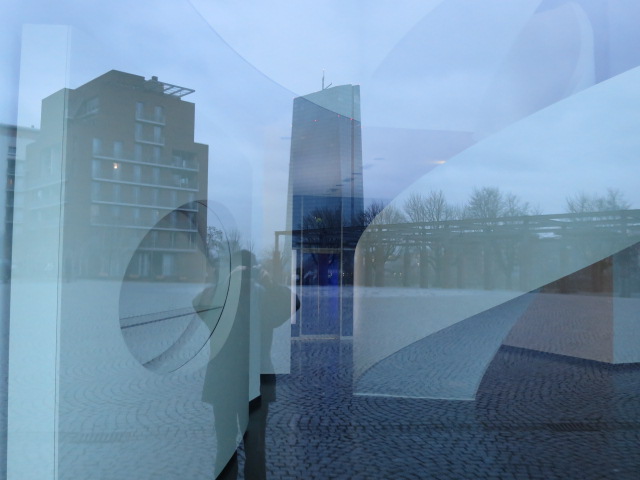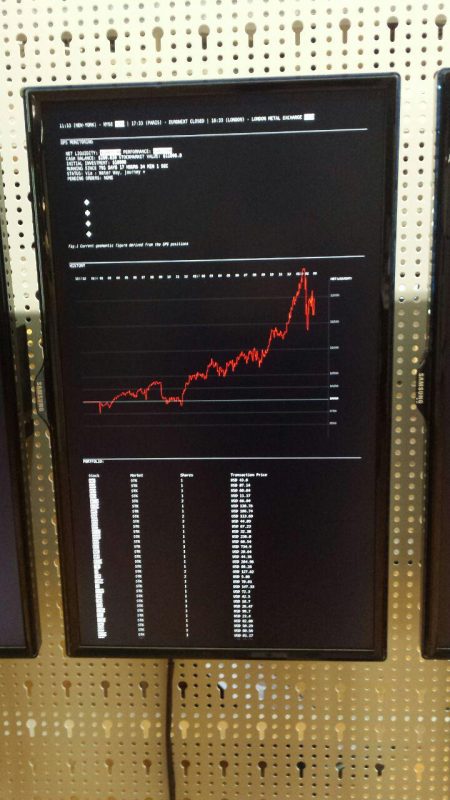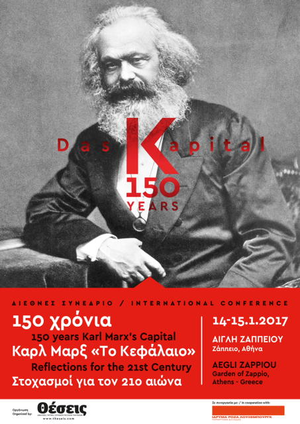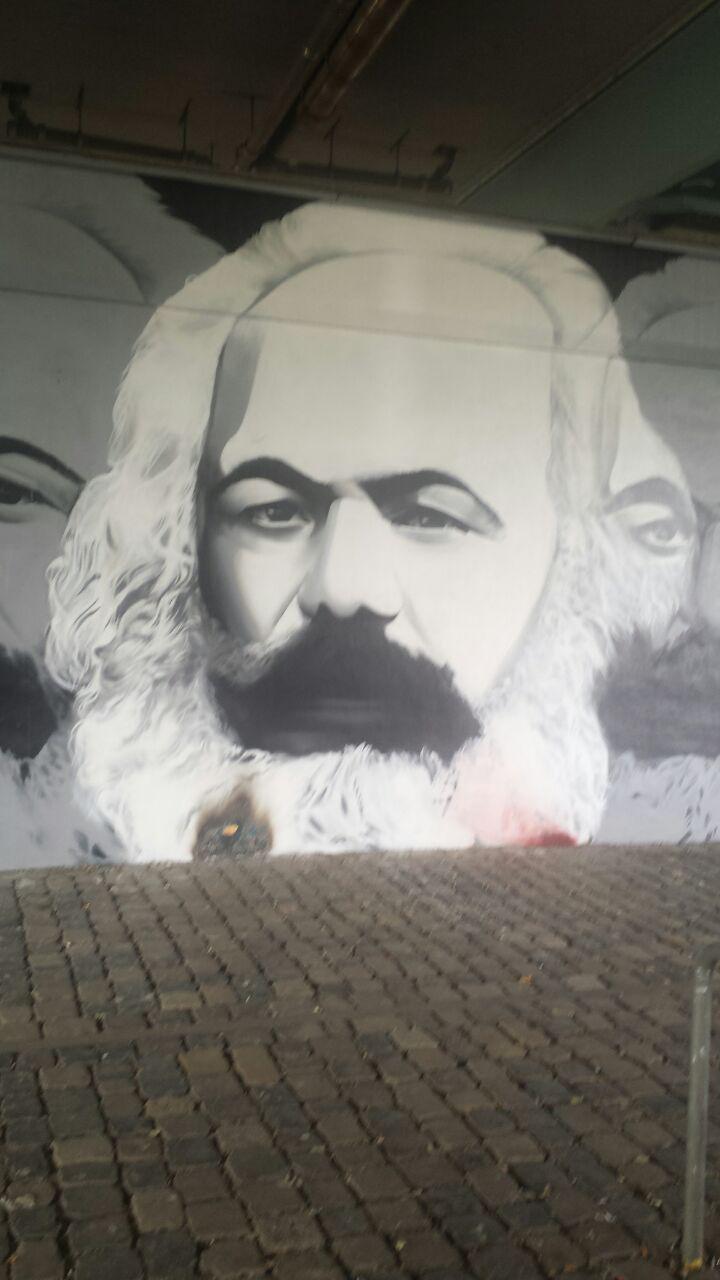Value, Fictitious Capital and Finance. The Timeless of Karl Marx’s Capital
Karl Marx is not a proponent of classical value theory as labour expended. Marx developed in Capital and his other mature economic writings a monetary theory of value and capital.2 He analysed value as an expression of relations exclusively characteristic […]
Value, Fictitious Capital and Finance. The Timeless of Karl Marx’s Capital









